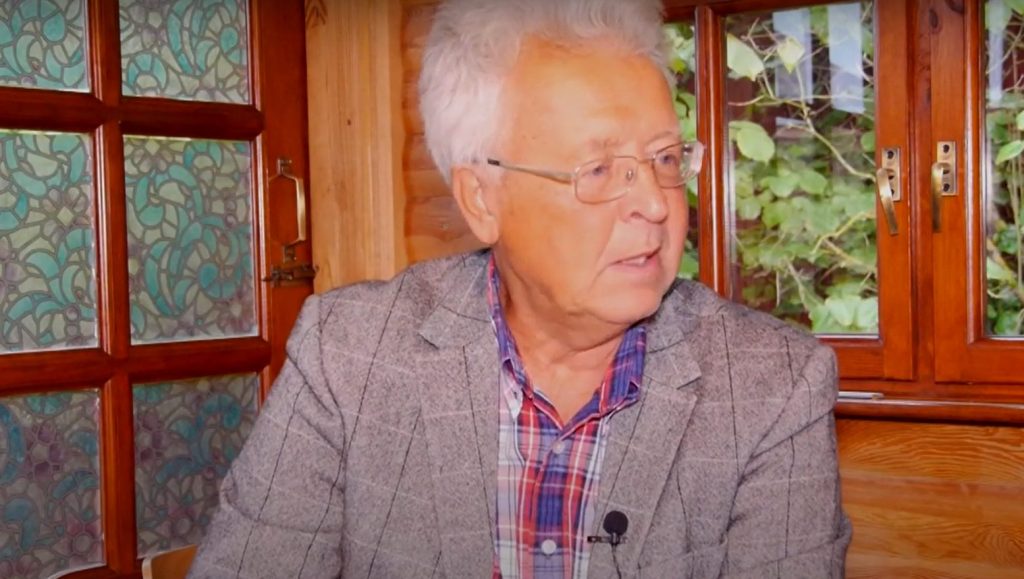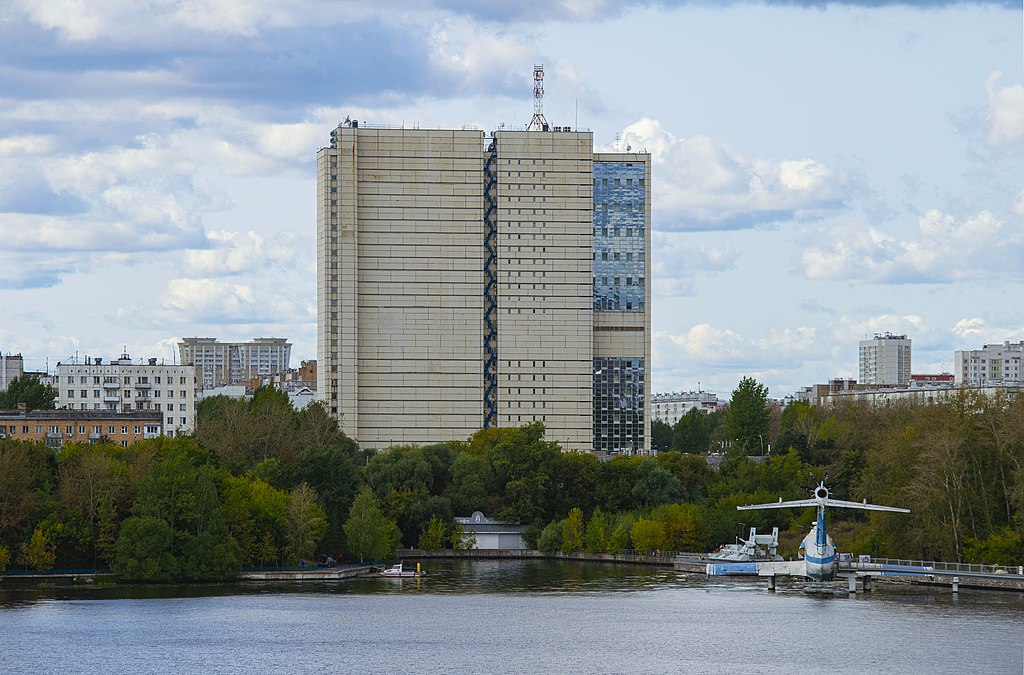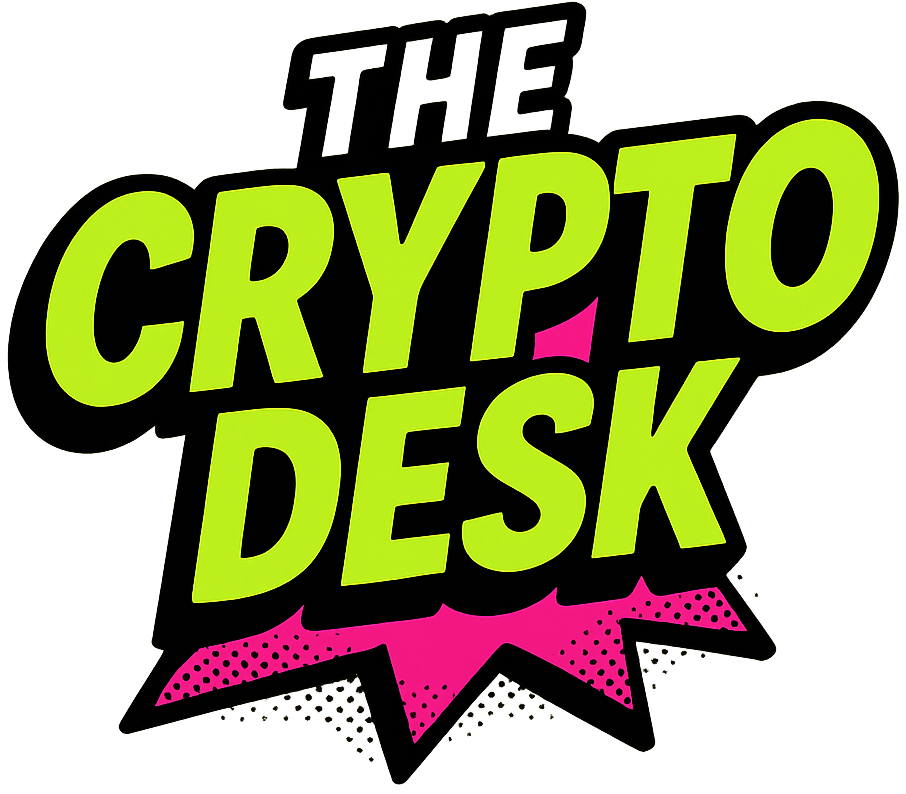Russia’s Economic Landscape: A Cautionary Tale on Bitcoin Reserves
In an era where cryptocurrencies are transforming traditional financial landscapes, a prominent Russian economist has posed a stark warning against the establishment of a national Bitcoin reserve in Moscow. Valentin Katasonov, the Chairman of the S. F. Sharapov Russian Economic Society and a doctor of economics, suggests that such a move could become a dangerous gamble for the Russian economy, labeling crypto stockpiling as a “ticking time bomb.”

Understanding the Risks of a National Crypto Reserve
Katasonov’s concerns stem from what he sees as the speculative nature of cryptocurrencies, which he emphasizes are still far from being stable forms of money. According to him, proposing a strategic crypto reserve is akin to “laying landmines” in the economy, hinting at the potential for disastrous consequences. He argues that while such measures might inflate market bubbles temporarily, the repercussions of a burst bubble could create significant economic casualties.
“This discussion is merely a way of inflating bubbles,” Katasonov stated, warning that even if the economy withstands these fluctuations, many individuals would still face financial ruin. His metaphor speaks to the uncertainty surrounding cryptocurrencies, capturing the precarious balance between innovation and risk.
Crypto Advocates Under Scrutiny
Katasonov didn’t hold back when addressing the influencers of the crypto movement within Russia. He labeled them “fifth columnists,” suggesting that their push for integrating cryptocurrencies into the official economic framework poses a threat to national economic security. This strong rhetoric indicates a deep-rooted skepticism about the motives behind advocating for digital currencies within Russian legislative circles.

A Broader Perspective: Global Challenges with Bitcoin Reserves
Katasonov’s apprehensions are not isolated to Russia. He highlighted that many countries considering the establishment of Bitcoin reserves, like the United States, are still grappling with the practical challenges of implementing such strategies. He noted that “no country” has successfully undertaken the launch of official cryptocurrency reserves, further highlighting the experimental and often risky nature of cryptocurrencies.
For instance, critics often reference El Salvador’s foray into Bitcoin, which sparked extensive debate and scrutiny from international organizations like the International Monetary Fund (IMF). Nonetheless, the overarching lesson remains: creating a state-backed crypto reserve is fraught with challenges and complexities.
Central Bank’s Standpoint: Navigating Between Innovation and Caution
The Russian Central Bank has recently distanced itself from the idea of a Bitcoin reserve, reaffirming its commitment to traditional assets such as gold and the Chinese yuan. Yet, there’s a glimmer of possibility. The finance ministry indicated that if the National Welfare Fund achieves a level equating to 7-10% of Russia’s GDP, it could entertain the idea of investing in riskier assets, including cryptocurrencies.
Russia’s economy hit 200 trillion rubles ($2.37T) in 2024, growing six times faster than Europe, says Prime Minister Mishustin📈 4.1% GDP growth in 2023💰 Disposable income up 8.5%📉 Record-low unemployment https://t.co/za0tpFpDFj pic.twitter.com/8lOueWk0tg— Anadolu English (@anadoluagency) March 26, 2025
This cautious optimism reflects a broader recognition within the Russian government of the potential benefits of cryptocurrencies, balanced against the risks that have been acutely articulated by experts like Katasonov.
Looking Ahead: Digital Currency Dynamics in Russia
The Russian economy is at a crossroads, balancing its historical reliance on traditional financial mechanisms with an emerging interest in cryptocurrencies. Some lawmakers advocate for a state-run Bitcoin fund, cautioning that failing to move in sync with international trends might allow rivals, particularly the U.S., to gain a significant edge in the crypto sphere.
As Finance Minister Anton Siluanov recently stated, lower-risk investments might yield less in terms of gains, but they safeguard the country’s financial stability—an essential consideration in today’s unpredictable market.
Conclusion: The Path Forward in Cryptocurrency
As discussions around strategic Bitcoin reserves unfold, one factor remains clear: the path toward cryptocurrency adoption in Russia—and globally—demands careful consideration. How will decision-makers balance the innovative possibilities of digital currencies against the economic risks they might entail? This ongoing dialogue will undoubtedly shape the future of finance in Russia and beyond.
What are your thoughts on Bitcoin reserves in national economies? Join the discussion below!

